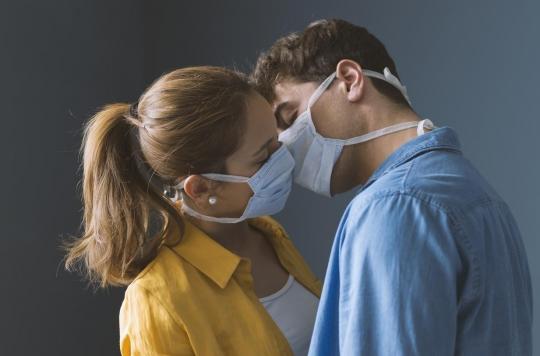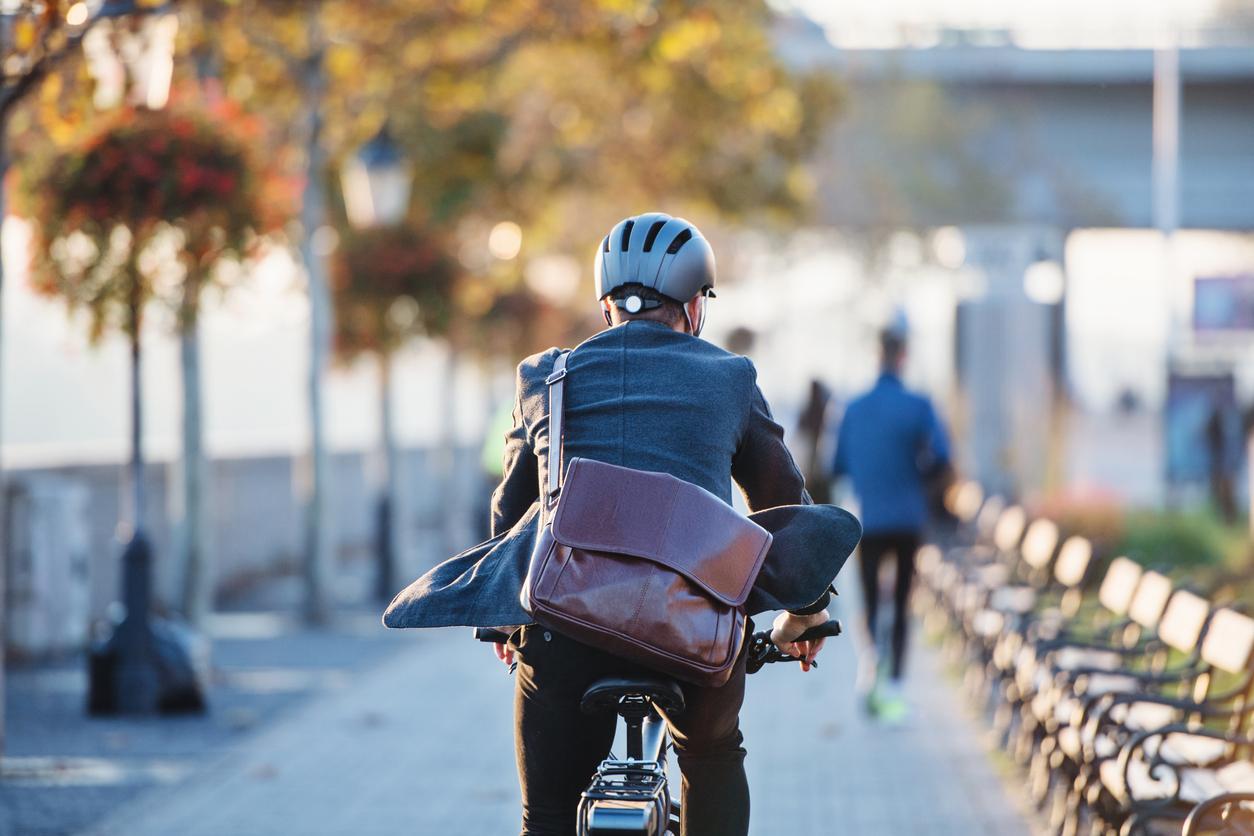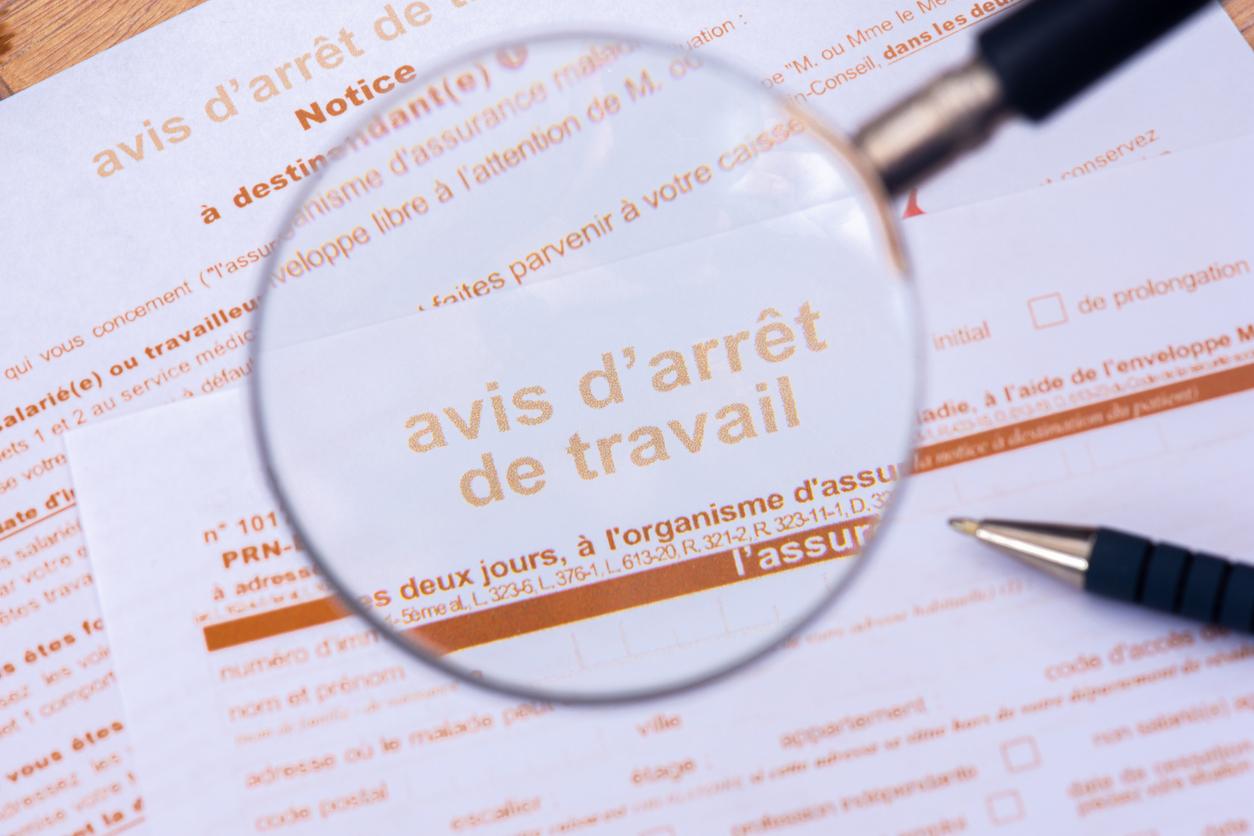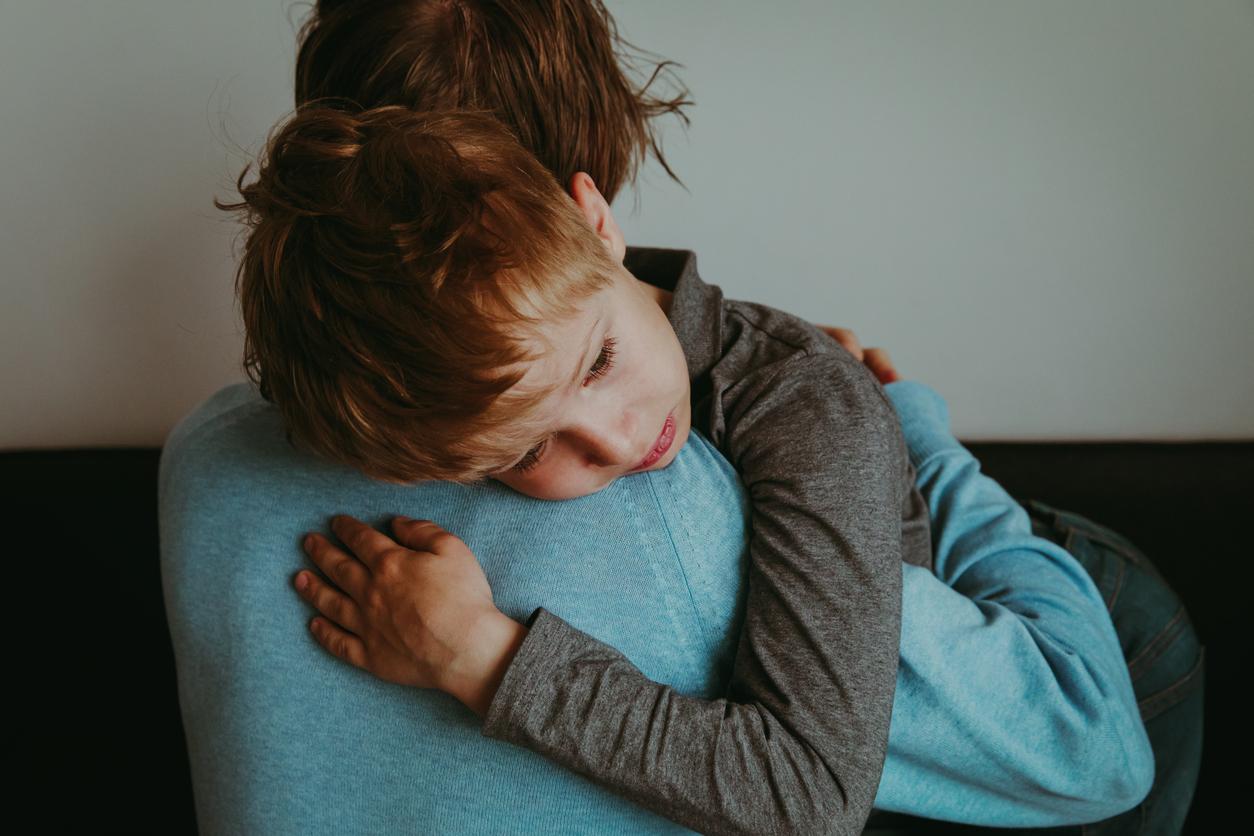One to four kisses to greet colleagues, parents or friends, a habit today undermined by the wearing of a mask and especially social distancing. While some believe this habit will return, others doubt it.

“Avoid hugs”. An instruction repeated tirelessly on posters, advertising spots or prevention speeches against the spread of Covid-19. A barrier gesture that seems understood and respected under confinement but more difficult to hold under deconfinement. “It’s heavy in front of my mothersays Sophie 29 years old. I want to kiss her and she also holds back.“Yet despite the awareness of a possible contamination of his relatives and himself the temptation remains. “Just before confinement, I asked people if they accepted a kiss or a handshake. Now I don’t ask anymore, assures Karim 30 years entrepreneur. Finally, I may make an exception for friends I’ve known for a long time.“
A habit to avoid now that makes some nostalgic. “It’s nice to kiss! admits Carole 57 years old. VSwas part of human relationships, it’s a more personal way of saying hello or goodbye. This is the difference between close and distant relationships.” One “sign of affection“Or friendliness? A false debate for others.”We can be warm even with a maskemphasizes Karim. We can laugh or smile it will get along very well.“
An uncertain future
From there to seeing this little rite between acquaintances recede and become rare, there is only one step… that David Le Breton, anthropologist and sociologist teaching at the University of Strasbourg, takes. According to him, the “survival” of the bise will depend in part on the duration of the pandemic. On the Franceinfo site, he believes that the practice could return when the threat of the virus disappears, when cafes and restaurants reopen. “In very strong relationships, friendly or filial, it will not disappear”, he nuances.
What about in offices? The interim agency Qapa published in early April the results of a questionnaire carried out among its users on post-Covid-19 work habits. In this survey, 28% of respondents (including 39% of men) claimed to be ready to kiss the wind again in the company at the end of confinement. A figure that contrasts with the 38% of negative responses (including 44% of women). These new resistants of the bise are added to the 34% who already declared to avoid turning the cheek before confinement. In short, 72% of them say they prefer to stay away, half of them following confinement.
If Carole and Sophie claim to resume this habit with their loved one as soon as there is treatment for Covid-19, Joseph, 32, is more nuanced. “At the start of confinement I wanted to follow the safety instructions and I was afraidrecognizes this framework in the bank. Now I’ve taken the fold and I don’t think I’ll do it again out of habit or laziness.“Who will live will kiss (or not).
.















